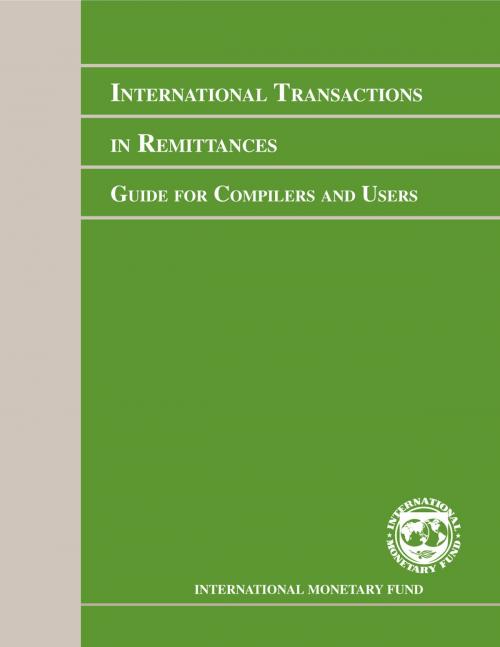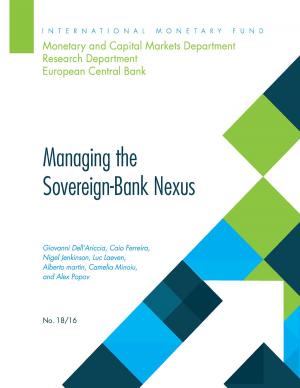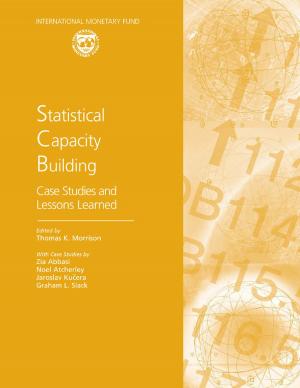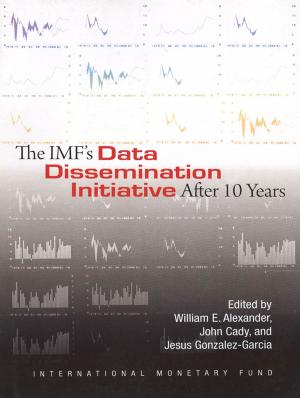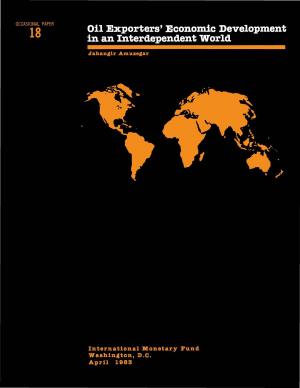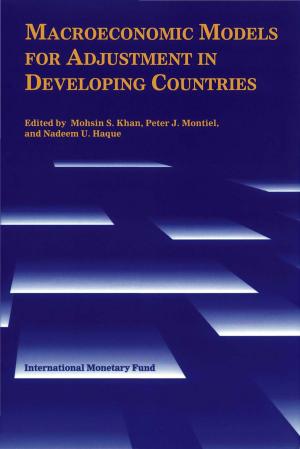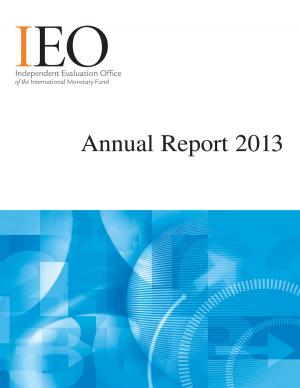International Transactions in Remittances: Guide for Compilers and Users (RCG)
Business & Finance, Economics, Statistics, Public Finance, Finance & Investing, Finance| Author: | International Monetary Fund | ISBN: | 9781455212224 |
| Publisher: | INTERNATIONAL MONETARY FUND | Publication: | September 14, 2009 |
| Imprint: | INTERNATIONAL MONETARY FUND | Language: | English |
| Author: | International Monetary Fund |
| ISBN: | 9781455212224 |
| Publisher: | INTERNATIONAL MONETARY FUND |
| Publication: | September 14, 2009 |
| Imprint: | INTERNATIONAL MONETARY FUND |
| Language: | English |
The International Transactions in Remittance: Guide for Compilers and Users (RCG) presents concepts, definitions, and classifications related to remittances. It is consistent with the new standards for measuring balance of payments transactions, as contained in the sixth edition of the Balance of Payments and International Investment Position Manual (BPM6). These standards are used globally to compile comprehensive and comparable data. The RCG identifies the main remittances compilation methods currently being used by compilers and discusses in detail the strengths and weaknesses of each method. It is the first manual providing compilation guidance for remittances and is also the first compilation guide based on concepts set out in BPM6. Although the RCG is primarily aimed at remittances data compilers, it may also be useful for users who wish to understand remittances data.
The International Transactions in Remittance: Guide for Compilers and Users (RCG) presents concepts, definitions, and classifications related to remittances. It is consistent with the new standards for measuring balance of payments transactions, as contained in the sixth edition of the Balance of Payments and International Investment Position Manual (BPM6). These standards are used globally to compile comprehensive and comparable data. The RCG identifies the main remittances compilation methods currently being used by compilers and discusses in detail the strengths and weaknesses of each method. It is the first manual providing compilation guidance for remittances and is also the first compilation guide based on concepts set out in BPM6. Although the RCG is primarily aimed at remittances data compilers, it may also be useful for users who wish to understand remittances data.
